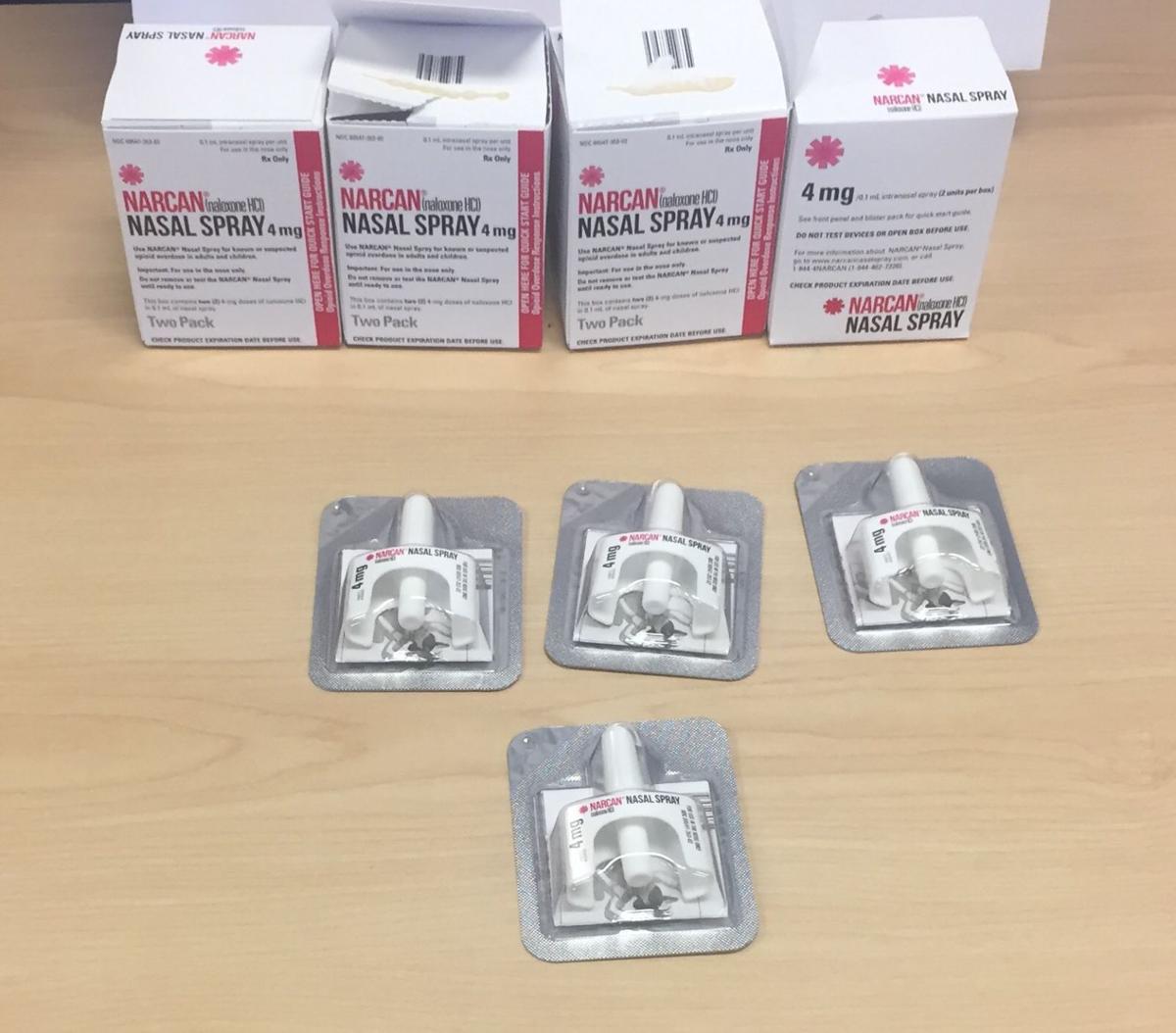PHOENIX — Gov. Doug Ducey on Monday declared a state of emergency on opioid overdoses, a measure designed to get the state more information to determine what to do next — including whether to follow the lead of two other states that have sued drug manufacturers.
Christina Corieri, the governor’s health policy advisor, said doctors prescribed — and pharmacies ordered and dispensed — more than 431 million opioid pills in Arizona last year. That’s more than 60 pills a year for every man, woman and child in the state.
Yet Dr. Cara Christ, the state health chief, said the powerful painkiller should be prescribed in most circumstances for “short-term, acute episodes” of no more than three days. And that is in cases like having a broken arm or recovering from surgery.
“And you should be able to transition to a non-steroidal anti-inflammatory,” like acetaminophen or ibuprofen, she said.
Christ said some of the burden to prevent dependence relies on the patients when a doctor prescribes an opiate. Some of that is to ensure the drug won’t interact with other prescriptions in ways that could be fatal.
And there’s more.
“You want to make sure you know what should I look out for, what symptoms should I look out for, and what should my family be aware of,” Christ said, including having a dosage of naloxone available to counter an overdose.
But that still leaves the question of whether opioids are being overprescribed — and whether any of the blame rests with the manufacturers.
That’s the contention of officials in Mississippi and Ohio who both have filed suit. They accuse five specific manufacturers of misleading doctors about the dangers of their products.
“These drug manufacturers led prescribers to believe that opioids were not addictive, that addiction was an easy thing to overcome, or that addiction could actually be treated by taking even more opioids,” said Ohio Attorney General Mike DeWine in filing suit last month.
“They knew they were wrong but they did it anyway,” DeWine said in a press release. “Despite all evidence to the contrary about the addictive nature of these pain medications, they are doing precious little to take responsibility for their actions and tell the public the truth.”
Gubernatorial press aide Daniel Scarpinato was noncommittal about whether Arizona intends to follow suit.
“Yes, we are looking at all the potential policies on this,” he said. “But that doesn’t necessarily have to include litigation.”
At the very least, Scarpinato said his boss wants more information about who is dying from opioid overdoses — an average of two Arizonans a day — and, more to the point, where they are getting the drugs.
“When we’ve got numbers of this degree and an increase of this degree, you need to know more,” Scarpinato explained. “Because we want to make sure that whatever policies we’re putting forward actually get to the heart of the issue.”
Christ said her agency gets some “limited” information from death certificates. The health department also gets discharge information from hospitals. But that comes in only once every six months.
The emergency declaration allows Christ to quickly adopt rules that would require daily reporting.
At the very least, she said that will allow her agency and law enforcement to focus on areas of the state where a problem is emerging. But it will also ultimately provide a clearer picture of who is dying of overdoses and how they got their drugs.
And Corieri said even in cases of people dying from illegal drugs like heroin, there is a definite link with legal prescriptions.
“We know from studies nationwide that four out of five heroin users started by using prescription opiates,” she said.
The emergency declaration appears to be part of a bid by the Ducey administration to raise awareness of the issue.
It comes less than a week after his health department put out statistics showing 790 people died in 2016 of opioid-related overdoses. That compares with 454 in 2012.
Of that total, 482 were from prescription drugs, versus 362 four years earlier. The balance are heroin overdoses.
And then there’s that figure a 481 million pills prescribed to Arizonans last year.
“We believe it’s a problem,” said Scarpinato.
“We want to attack this on every front possible,” he continued. “The governor absolutely believes that when you have that number of pills and opioids in this state and when you’re seeing these numbers and when you’re seeing these deaths, this is an issue we cannot ignore and we will not ignore.”





